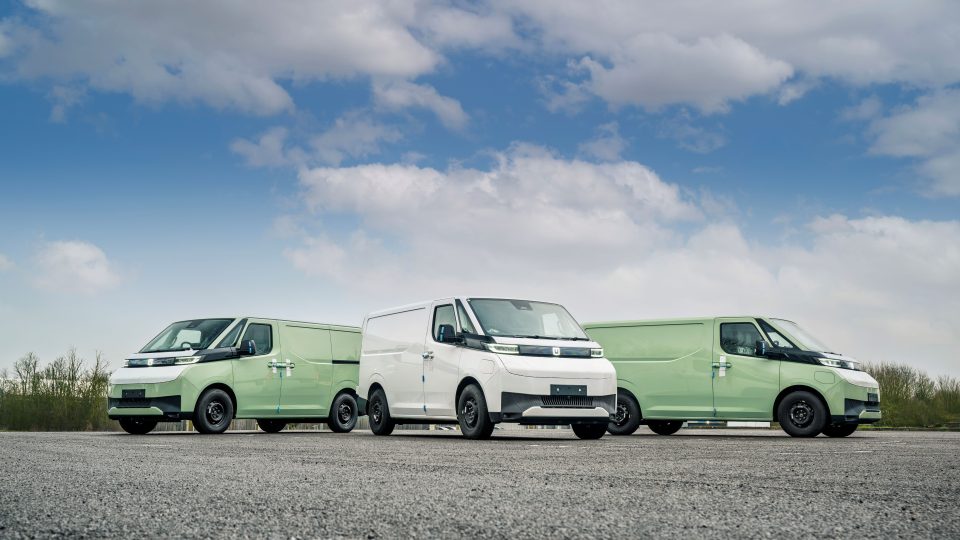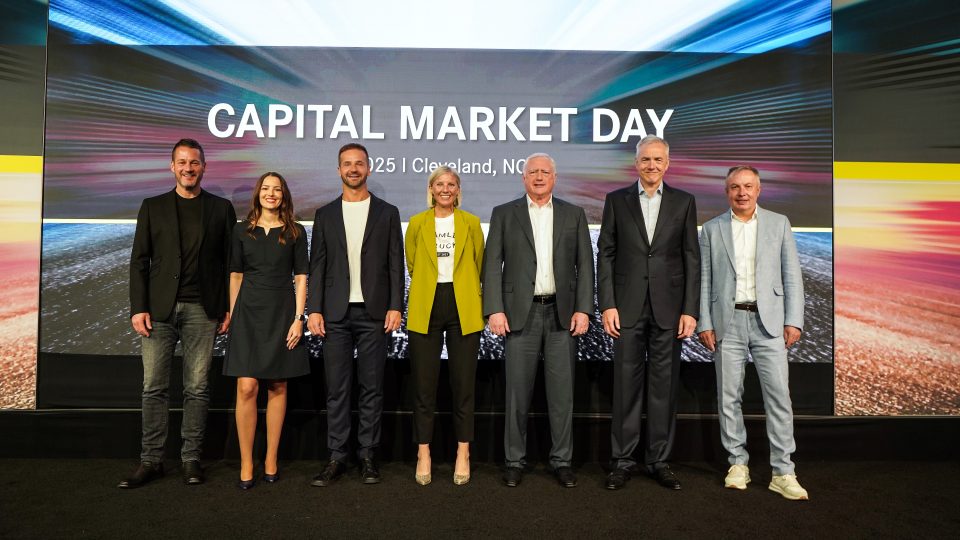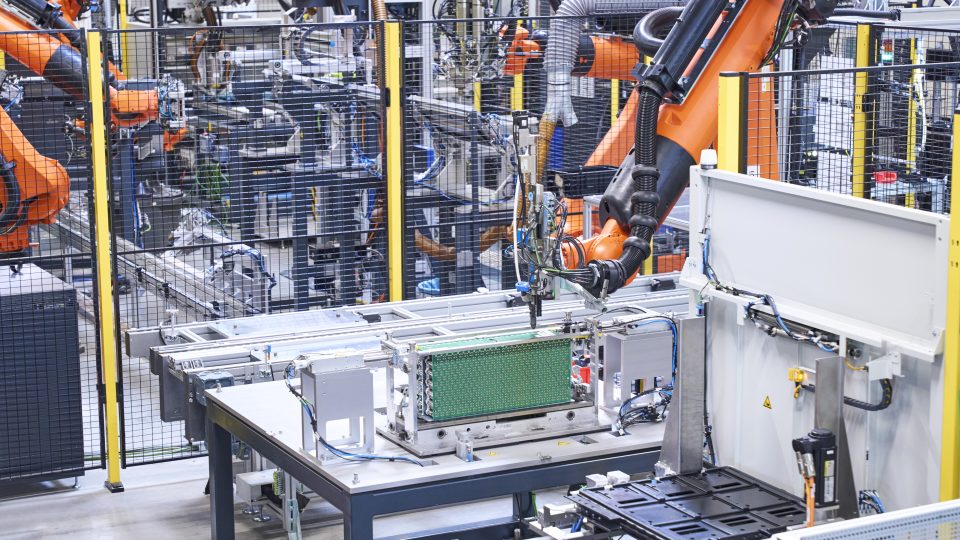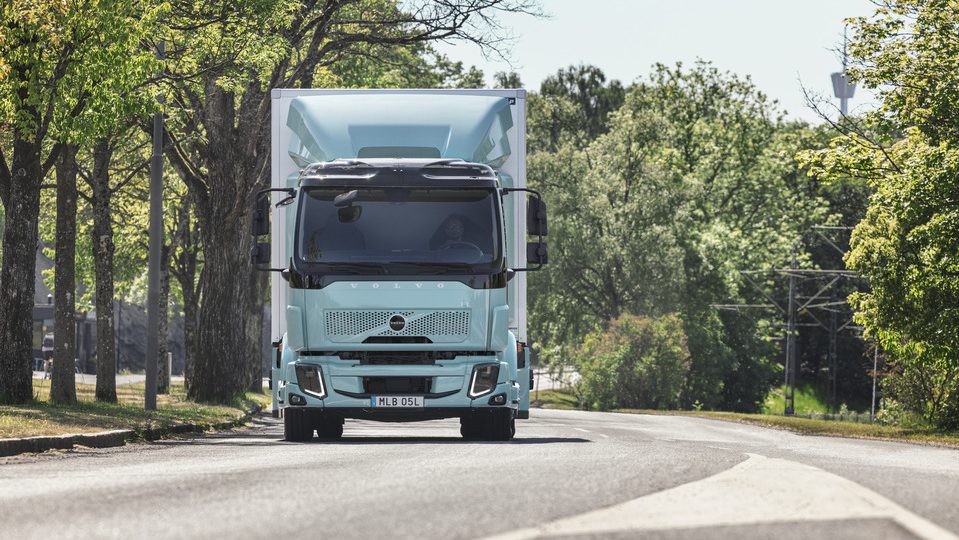UK, the H2Accelerate collaboration calls for stronger government support on hydrogen trucks
The existing UK policy framework for zero-emission trucks and proposing policy changes that would enable the roll-out of a large-scale hydrogen trucking sector. Here are five key recommendations shared by H2Accelerate.
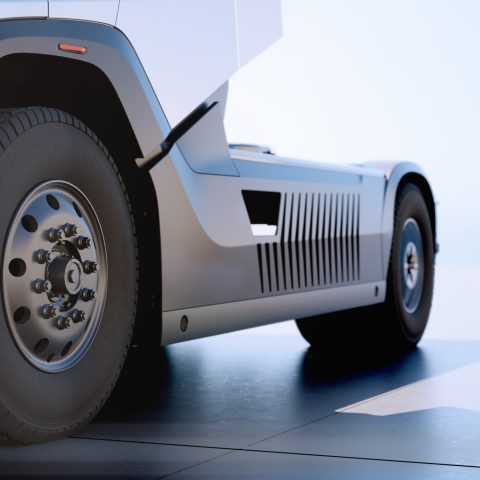
The H2Accelerate collaboration, a consortium born with the target to promote the hydrogen-powered mobility ecosystem on an international scale, has recently released another white paper, this time aimed at calling for stronger government support in the UK about the introduction and development of hydrogen trucks. More into details, the existing UK policy framework for zero-emission trucks and proposing policy changes that would enable the roll-out of a large-scale hydrogen trucking sector.
H2Accelerate focusing on the UK
According to H2Accelerate, which counts on Daimler Truck, IVECO and Volvo among the major truck manufacturer, “the recent publication of the UK Zero-Emission Road Freight Demonstrator (ZERFD) shows that the UK government is willing to support the early-stage deployment of zero emissions trucks, however, longer-term support will be needed to provide vehicle OEMs with the certainty to invest in right-hand drive vehicles and fuel suppliers with the confidence to develop a nation-wide network of hydrogen refuelling stations”.
Five key recommendations
One by one, the key recommendations included in the white paper are:
1. Set out a minimum level of alternative refuelling network coverage, with large-scale hydrogen refuelling stations located every 200 km on major networks by 2030, and a more comprehensive network required by 2035 comprising 250 refuelling stations with a total capacity of 500 tonnes of hydrogen per day.
2. Strengthen and broaden the scope of the plug-in truck grant to allow all available zero-emission HGVs to be assessed, and cover 80% of the difference in cost between diesel and hydrogen fuelled trucks for the first 1000 trucks.
3. Adapt the UK standards for renewable hydrogen so that hydrogen production plants can be connected to existing renewable electricity plants, provided they enter operation within 36 months.
4. Review the Hydrogen Production Business Model’s Agreement to allow the participation of third party companies, so that hydrogen production projects do not need to develop the entire downstream supply chain.
5. Create exemptions for zero-emission trucks from levies, tolls, and taxes while the sector scales up.
“The UK government has the opportunity to unlock large-scale investment in long haul zero emissions freight. Ambitious targets have been set regarding the complete ban on diesel trucks, but these can only be achieved if the sector is supported in scale-up starting today. Aligned and progressively larger deployments of low carbon hydrogen production, refuelling, and trucks, will secure a smooth transition to zero emission heavy-duty vehicles”, commented Hannah Bryson-Jones, spokesperson for the H2Accelerate collaboration.










